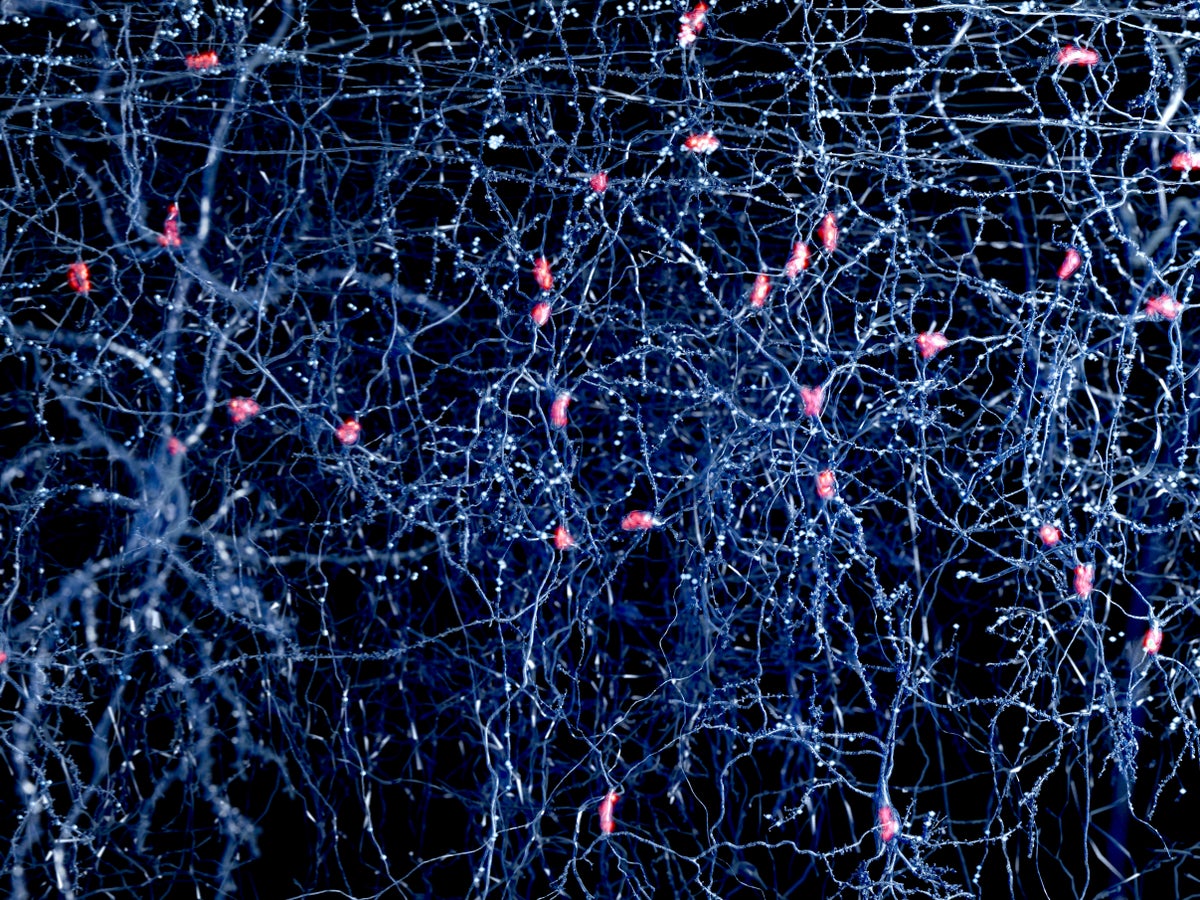
Calling an Illness "Psychosomatic" Doesn't Mean It's Imaginary
Recent experiments have begun mapping the neuronal connections between mind and body like never before
Understanding the human mind and the influence it does on the body.
Placebo effects, exercise highs, getting sick when you’re stressed out—the popular press and the scientific literature alike are replete with examples of how the mind or mental processes influence our health and well-being. This “mind-body connection” is essential for normal organ function and also is viewed as the basis for psychosomatic disorders. Yet the concept that our thoughts can influence the function of a variety of organ systems is often viewed with some skepticism, in part because it has lacked a firm biological basis.
That’s changing. We are now starting to provide the scientific evidence to reveal the important dynamic between our brains and our bodies. And in the process, we are learning how the brains of primates are different from those of other animals—a reality that has important implications for research into the causes and treatment of neurologic disorders.
